15 Useful “ifconfig” Commands to Configure Network Interface in Linux
In this article, you will learn how to list, configure, enable, disable, and troubleshoot network interfaces…
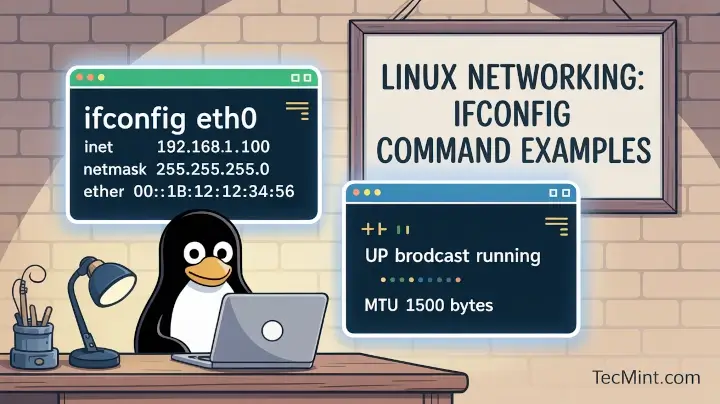
In this article, you will learn how to list, configure, enable, disable, and troubleshoot network interfaces…

As a Linux administrator, you must periodically check which files and folders are consuming more disk…

In this article, you will learn how to find which process or service is listening on…
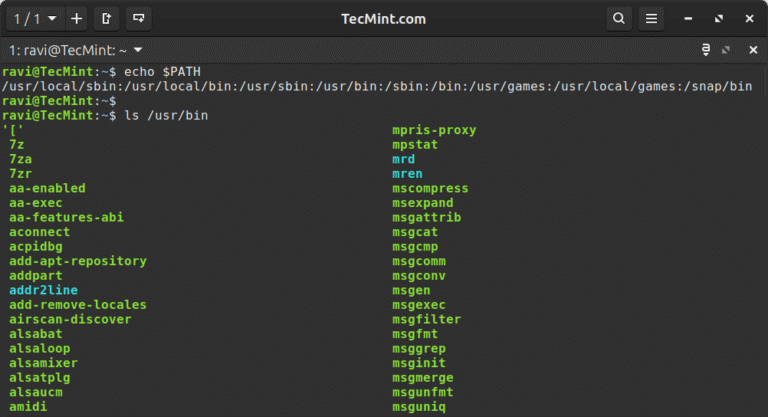
In this guide, you’ll learn five practical commands for discovering quick information about any binary command:…
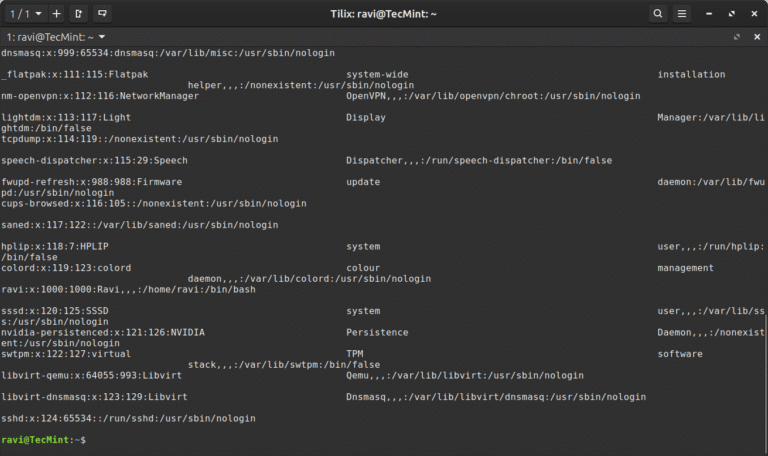
In this article, you will learn how to use the Linux column command to format text…
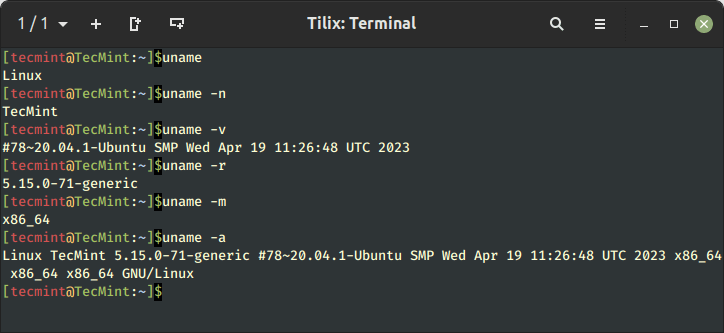
Learn 11 essential Linux commands to check hardware info including CPU, RAM, disk, USB, and PCI…
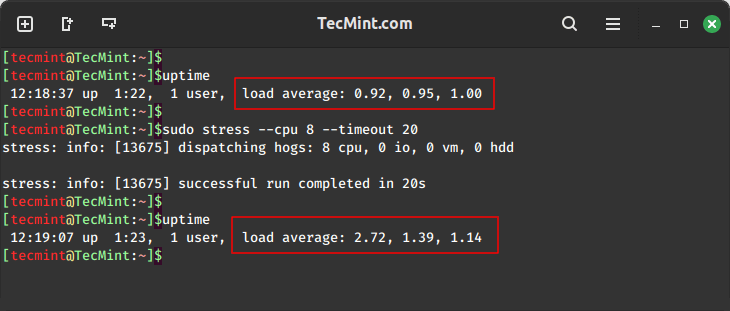
In this guide, we will explore two important tools, stress and stress-ng, for conducting comprehensive stress…
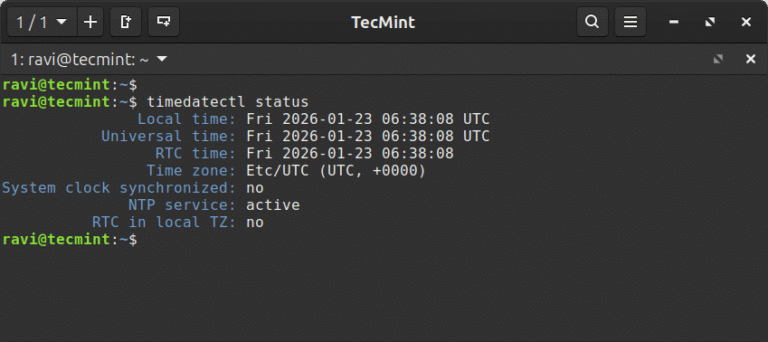
In this article, learn how to set time, timezone, and synchronize your Linux system clock with…
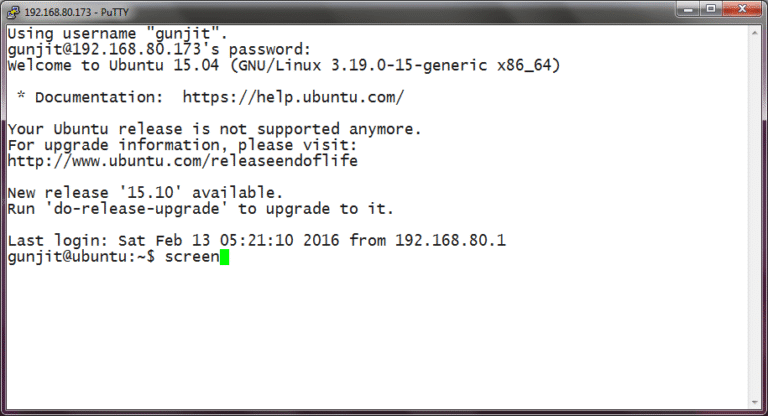
SSH or Secure Shell in simple terms is a way by which a person can remotely…

When someone visits your website, their browser and your server exchange information back and forth. Without…
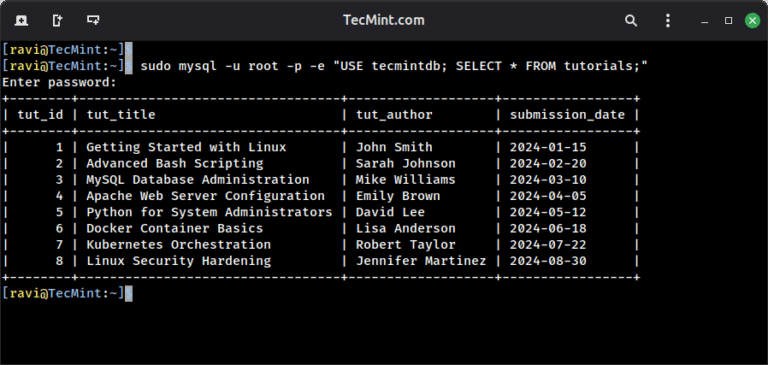
If you are in charge of managing a database server, from time to time you may…
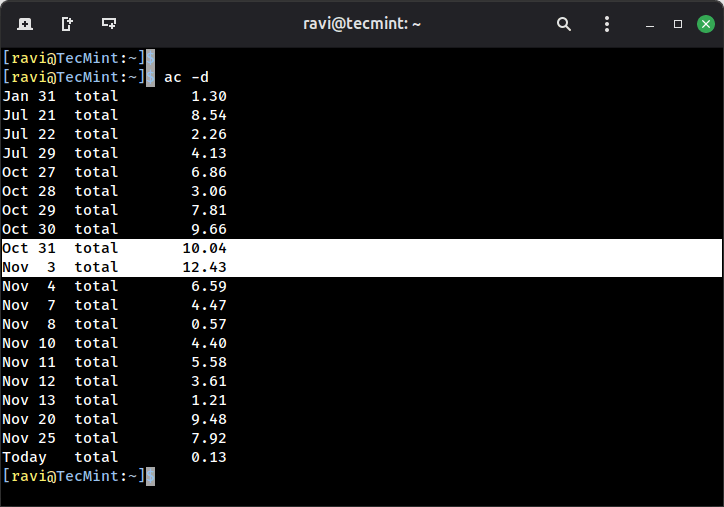
When you’re managing a Linux server, especially one with multiple users, you need visibility into what’s…
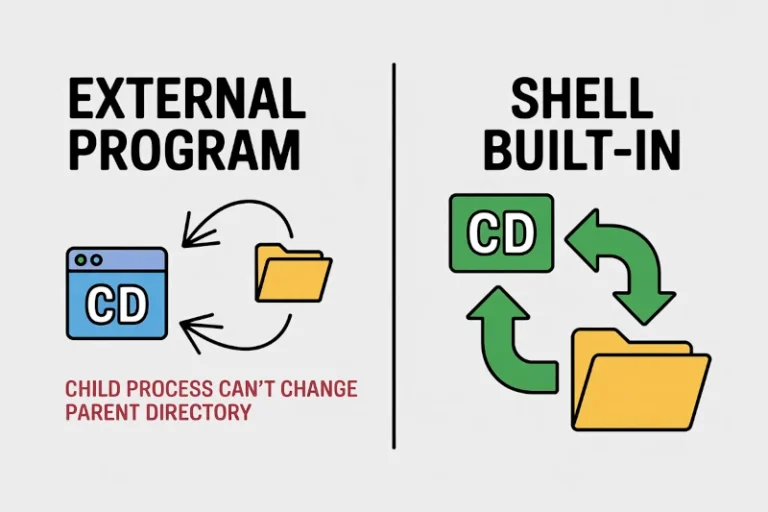
In Linux, the ‘cd‘ (Change Directory) command serves as a fundamental navigation tool for both newcomers…
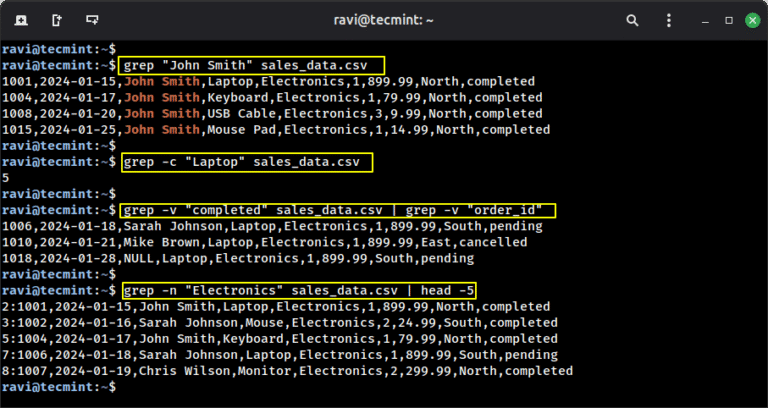
If you’re just starting your journey into data science, you might think it’s all about Python…

GNU Make is a development utility that determines which parts of a particular code base need…